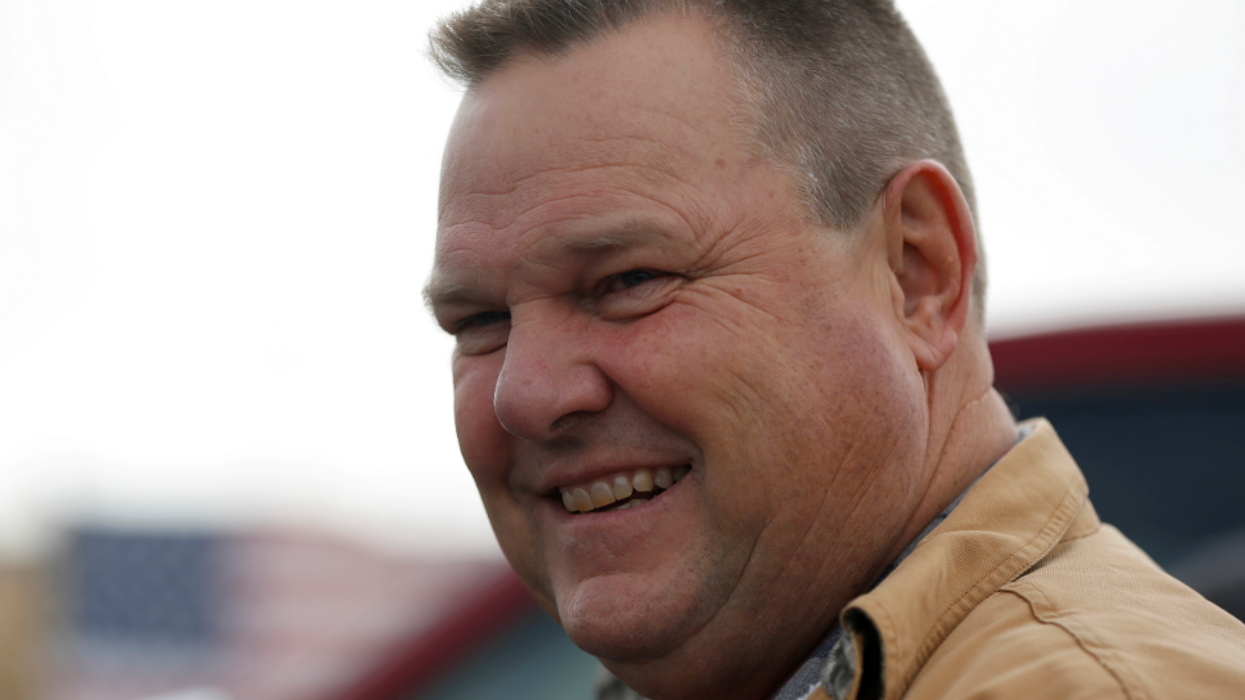In 1994, Mitt Romney — running against Ted Kennedy for Senator in Massachusetts — chastised his Democratic opponent for raising $10 million. “To get that kind of money, you’ve got to cozy up, as an incumbent, to all of the special interest groups,” Romney insisted, “and that kind of relationship has an influence on the way you’re going to vote.”
The younger Romney strongly disliked political action committees. He thought all PACs should be abolished. “The kinds of demands that are being placed on the economics of running a campaign suggest an increasing power on the part of moneyed interests, and I think it’s wrong and we’ve got to change it,” he said.
Flash forward to 2012: So far, Romney has raised about $250 million, much of it bundled by lobbyists (and others whose names he won’t reveal) — not counting tens of millions donated to the SuperPACs that support him. While he thought that $10 million was a big deal in 1994, last month Romney received $10 million in a single donation from embattled casino mogul Sheldon Adelson. That contribution went to his Super PAC, which has spent a total of $53 million to this point.
If Romney was right in 1994 to worry that a candidate’s relationship with “moneyed interests” will affects the way he governs, then present day Romney can be expected to cater to Adelson, the Koch brothers, the lobbyists who filled his warchest, and all those unnamed bundlers.


